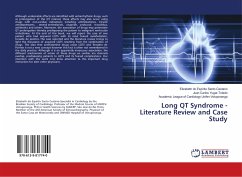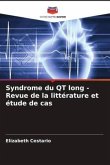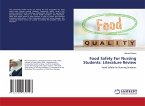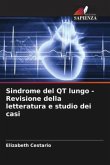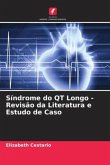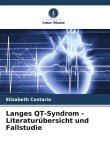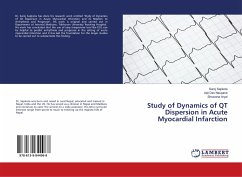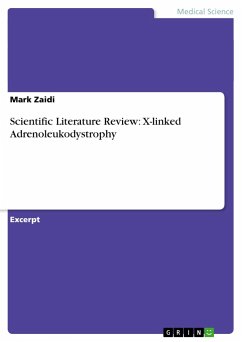Although undesirable effects are identified with antiarrhythmic drugs, such as prolongation of the QT interval, these effects may also occur using drugs with non-cardiac indications including antihistamines, tricyclic antidepressants, several antimalarials, cisapride, probucol, tracolimus, antibiotics and others. Moreover, the association of drugs may potentiate QT prolongation thereby predisposing the patient to malignant ventricular arrhythmias. At the end of this book, we will report the case of one patient who had acquired LQTS with its most feared manifestation, torsade de pointes. The case reported and the literature review brings to light the discussion of acquired LQTS resulting from the combination of drugs. The idea that antihistamine drugs cause LQTS and Torsades de Pointes is not a new concept however this fact is often not remembered in the daily practice. Although it is an apparently innocuous association, the different mechanisms of action of these drugs on cardiacion channels overlap, predisposing patients to LQTS and its feared complications. Our intention with this work is to draw attention to this important drug interaction for alert other physicians.
Bitte wählen Sie Ihr Anliegen aus.
Rechnungen
Retourenschein anfordern
Bestellstatus
Storno

